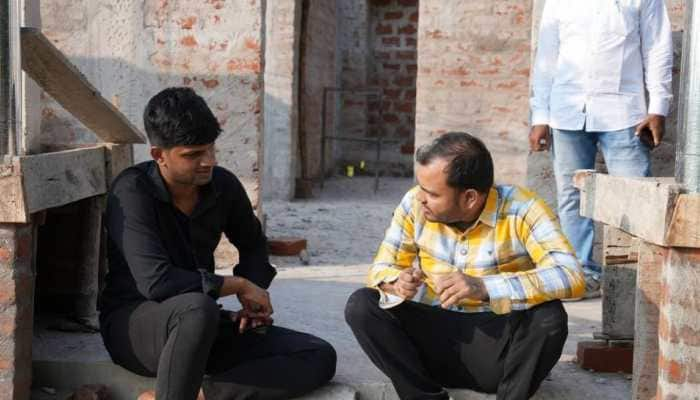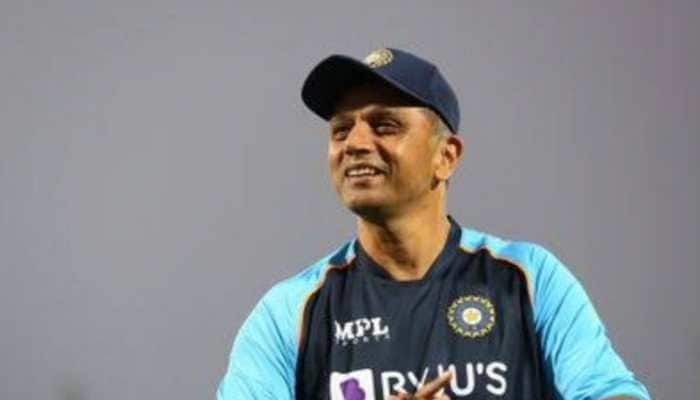Uttarakhand Waqf Board's BIG announcement, set to 'modernise' madrasas by introducing THIS
In a bid to modernise madrasas, Waqf board has decided to introduce NCERT syllabus and dress code in 103 madrasas in the state. Aim is to help madrasa students join the academic mainstream and prepare them for a better future
Trending Photos
) Image Source: ANI
Image Source: ANI New Delhi: In a big announcement, the Uttarakhand Waqf board, on Thursday, November 24, 2022, has decided to bring about a big change in its syllabus and uniform effective from next year. As a part of ‘modernising’ the madrasas and improving the quality of learning, the Waqf board has announced that it will be introducing the NCERT syllabus and a dress code to bring about the change, as per the Uttarakhand Waqf Board Chairman, Shadab Shams. The board has also decided to allow children from all religions to take admission to madrasas. Currently, 103 madrasas are being run by the Waqf Board in Uttarakhand.
The board has also decided that its madrasas will give religious education to students for just an hour from 6.30 AM to 7.30 AM and conduct classes of general subjects from 8 am to 2 pm daily as in other schools, he said.
"We will introduce the NCERT syllabus and a dress code on the lines of English medium schools in our madrasas so that students feel on a par with the rest of school-going children," Shams said.
Also Read: Delhi's Jama Masjid BANS entry of women visiting alone or in group; DCW issues notice
The idea is to help madrasa students join the academic mainstream and prepare them for a better future, he said. The board has also decided to create seven model madrasas, two each in Dehradun, Haridwar and Udham Singh Nagar districts and one in Nainital where smart classes will be held, he said.
"The decision is in keeping with Prime Minister Narendra Modi's vision of madrasa-going children holding the holy Quran in one hand and a laptop in the other. We want madrasas to emerge as centres of modern education," Shams said.
Meanwhile, the Waqf board has also decided to extend the duration of Hafiz-e-Quran education in its madrasas from four years to 10 years so that by the time the course is finished the students will have passed Class 10 or 12 and will be mature enough to decide whether they want to pursue religious education or become doctors and engineers, he said.
"Modernisation of madrasa education will also help dispel the doubts often cast on their activities," Shams said.
Chief Minister Pushkar Singh Dhami and minister of social welfare and minority affairs Chandan Ram Das have assured the board of all possible help in its endeavour to modernise the madrasas, he said, adding the board will request them to provide NCERT books to madrasa students for free.
(With PTI Inputs)
Stay informed on all the latest news, real-time breaking news updates, and follow all the important headlines in india news and world News on Zee News.
Live Tv







)
)
)
)
)
)
)
)
)
)
